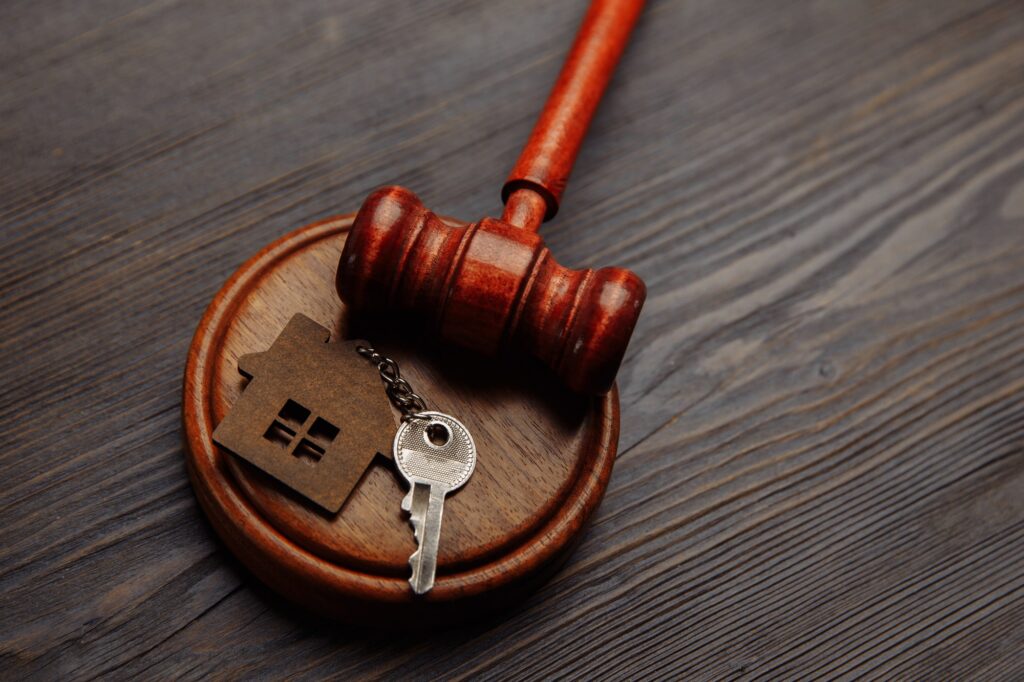
Water Damage from the Condo Above: Who Pays?
POSTED ON August 15, 2025
If water is leaking into your condo from the unit above, you are not alone. This is one of the most common problems we handle for Florida condo owners. Whether the water came from a bathtub overflow, pipes in the walls or ceiling , or a failed AC unit, the question remains the same: who is responsible for the damage? At Perez Mayoral, P.A., we have helped hundreds of homeowners recover damages when water enters from the unit above. If you need legal guidance, our Key West, FL condo lawyer is available to discuss your situation..
The answer often involves both the upstairs neighbor and the condo association. We explain how it works and what your rights are under Florida law.
Step One: Identify The Source Of The Leak
Responsibility depends on where the water came from. Common causes include:
- A leak inside the upstairs unit, such as a broken appliance or overflowing tub
- Water passing through a common ceiling or wall cavity
- A shared plumbing line between floors
- A building-wide system failure, like roof drainage or main stack leaks
If the water originated in the upstairs unit and damaged your unit directly, the upstairs owner may be liable. If the water passed through shared building components, your condo association may also be responsible.
What If The Neighbor Caused It?
If the water originated from your neighbor’s unit because of negligence, that neighbor can be held legally responsible. Examples include:
- Leaving water running or failing to shut it off before travel
- Ignoring a known plumbing problem
- Improper installation or poor maintenance of appliances
In those cases, we may pursue the neighbor or their insurer directly. But that is not the end of the story.
When The Condo Association Is Also Liable
Even if the water came from another unit, Florida law may still hold the association responsible. That is especially true when the water moves through common elements like shared ceilings, walls, or floors, or if the association failed to act once it became aware of the damage.
In the recent case of McLlenan v. Cypress Chase North Condominium No. 4 Association, Florida’s Fourth District Court of Appeal ruled that condo associations have a non-delegable duty to repair and maintain the common elements of the building. The court made it clear that the association’s duty does not depend on who caused the damage. If a leak from a neighbor’s unit damages common components like ceilings or shared walls, the association must repair those areas and may still be liable if their failure to act caused more damage.
In that case, the court reversed a summary judgment in favor of the association, finding that they had a continuing duty to repair the common elements even though the leak originated in the upstairs unit. The association could not rely on the source of the leak to escape its obligations.
Don’t Accept These Common Excuses
If you are being told by your association:
- “It came from another unit, so it is not our responsibility”
- “You maintain your unit, so the damage is yours to fix”
- “Just file a claim with your insurance”
- “We are reviewing it” without any progress
You should know that these are often incorrect. The law and most condo declarations place responsibility for maintaining and repairing common elements squarely on the association. When they fail to take action and allow further damage to occur, they may be liable.
What You May Be Entitled To
You may have the right to recover:
- Full repair costs to your unit
- Replacement of damaged personal property
- Costs for temporary housing or relocation
- Attorney’s fees and costs
We routinely handle these cases and take legal action against both negligent unit owners and associations that refuse to act.
Get Legal Help Recovering Damages
If water has entered your condo from the unit above or you are suffering from other common condo problems and no one is stepping up to take responsibility, let Perez Mayoral, P.A. review your case. We represent homeowners throughout Florida in claims against condo associations and neighboring unit owners. Even if your insurance denies coverage, we can help. Call or email us to schedule a consultation.
Your property. Your rights. Our fight.
